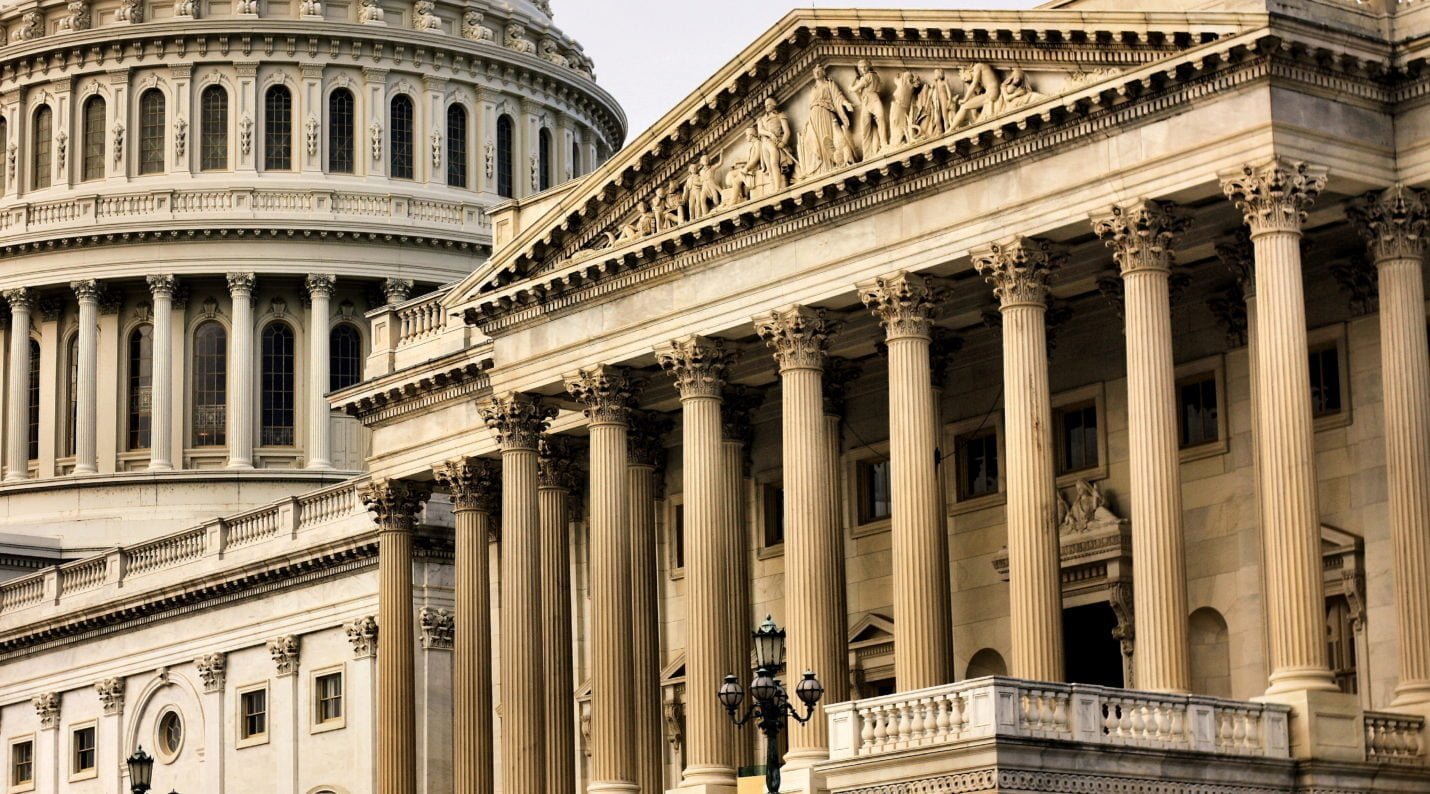When it comes to being heard in Washington, classical economists have long gotten their way. Behavioral scientists, on the other hand, haven’t proved so adept at getting their message across.
It isn’t for lack of good ideas. Psychology’s applicability has been gaining momentum in recent years, namely in the U.K.’s Behavioral Insights Team, which has helped prove the discipline’s worth to policy makers. The recent (but not-yet-official) announcement that the White House is creating a similar team is another major endorsement of behavioral science’s value.
But when it comes to communicating those ideas to the public in general, psychologists and other behavioral scientists can’t name so many successes. Part of the problem is PR know-how: writing for a general audience, publicizing good ideas, reaching-out to decision makers. Another is incentive: academics need to publish, and many times publishing means producing long, dense, jargon-laden articles for peer-reviewed journals read by a rarified audience of other academics. And then there’s time, or lack of it.
But a small group of prominent behavioral scientists is working to help other researchers find their way to Washington. The brainchild of UCLA’s Craig Fox and Duke’s Sim Sitkin, Behavioral Science & Policy is a peer-reviewed journal set to launch online this fall and in print early next year, whose mission is to influence policy and practice through promoting high-quality behavioral science research. Articles will be brief, well written, and will all provide straightforward, applicable policy recommendations that serve the public interest.
“What we’re trying to do is create policies that are mindful of how individuals, groups, and organizations behave. How can you create smart policies if you don’t do that?”
In bringing behavioral science to the capital, Fox echoed a similar motivation as David Halpern of the Behavioral Insights Team.
“What we’re trying to do is create policies that are mindful of how individuals, groups, and organizations behave. How can you create smart policies if you don’t do that?” Fox said. “Because after all, all policies affect individuals, groups, and/or organizations.”
Fox has already assembled an impressive team of scientists from around the country for the journal’s advisory board including Richard Thaler and Cass Sunstein, authors of Nudge which helped inspire the creation of the Behavioral Insights Team, The New York Times columnist David Brooks, and Nobel Prize Winner Daniel Kahneman. They’ve created a strong partnership with the prestigious think tank Brookings Institute, who will serve as their publishing partner and who they plan will also co-host briefings for policy makers in Washington.
Last fall they quietly launched the website for the journal, and they’ve already received a number of submissions, although they haven’t yet made a large public call for papers. From education and health to decision-making and sustainability, they’re casting a wide net in terms of the kind of policy they hope to inform.
They’ve created a duel review process in which an article is reviewed by disciplinary scientists who evaluate the paper’s scientific credibility as well as policy analysts who will assess the article’s feasibility. Policy experts will bring insights into institutional barriers, previous initiatives, and probable effects of policy changes.
Behavioral Science & Policy stands to not just change how policy is done, but also how behavioral science is done, giving researchers the platform, the support, and the incentive to apply their research to real-world problems.
In addition to its dual review process, professional writers will edit each article to help its authors make their ideas more effective in reaching a general audience. That means, succinct articles with straightforward research and recommendations. Fox says the goal is something like the rigor of Science Policy Forum with the accessibility of a Harvard Business Review.
They’ve also crafted a business model to meet their audience. Articles will be published as they’re accepted and will be accessible online for free until they are grouped together to form an issue. Readers will then have to pay what Fox says will be a “moderate” subscription fee to access the archives, but the newest content will be free to read and share.
But for Fox, it isn’t just enough to publish strong science in a digestible form. He knows the journal will have to actively pursue its audience if it’s going to affect policy. He envisions the journal’s responsibilities to include promoting each article – through social media, the press, and outreach to policy makers – to create a “viral buzz” around each paper.
As Fox puts it, each paper will be a lottery ticket to changing policy, an exciting prospect for researchers to see their findings put to practice.
If it catches on, Behavioral Science & Policy stands to not just change how policy is done, but also how behavioral science is done, giving researchers the platform, the support, and the incentive to apply their research to real-world problems.






